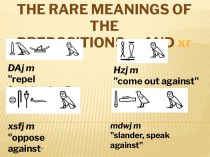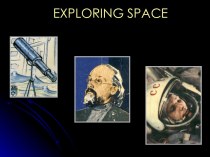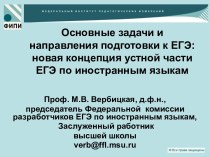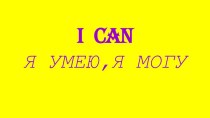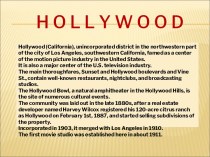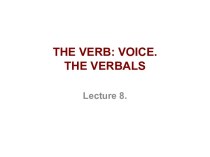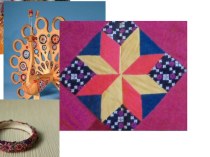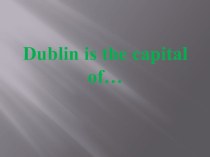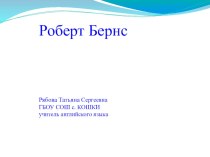- Главная
- Разное
- Бизнес и предпринимательство
- Образование
- Развлечения
- Государство
- Спорт
- Графика
- Культурология
- Еда и кулинария
- Лингвистика
- Религиоведение
- Черчение
- Физкультура
- ИЗО
- Психология
- Социология
- Английский язык
- Астрономия
- Алгебра
- Биология
- География
- Геометрия
- Детские презентации
- Информатика
- История
- Литература
- Маркетинг
- Математика
- Медицина
- Менеджмент
- Музыка
- МХК
- Немецкий язык
- ОБЖ
- Обществознание
- Окружающий мир
- Педагогика
- Русский язык
- Технология
- Физика
- Философия
- Химия
- Шаблоны, картинки для презентаций
- Экология
- Экономика
- Юриспруденция
Что такое findslide.org?
FindSlide.org - это сайт презентаций, докладов, шаблонов в формате PowerPoint.
Обратная связь
Email: Нажмите что бы посмотреть
Презентация на тему Leonardo’s inventions
Содержание
- 2. April 15, 1452 – May 2, 1519Was
- 3. Designed for pure intimidation, da Vinci’s crossbow
- 4. helicopter measured more than 15 feet in
- 5. Design for a Flying machine
- 6. The pilot would lie face down in
- 7. Da Vinci made a sketch of the
- 8. Da Vinci’s vehicle has a number of
- 9. Leonardo's tank
- 10. Searchlight
- 11. Wheellock
- 12. Скачать презентацию
- 13. Похожие презентации
April 15, 1452 – May 2, 1519Was an Italian Renaissance polymath: painter, sculptor, architect, musician, mathematician, engineer, inventor, anatomist, geologist, cartographer, botanist, and writer. His genius, perhaps more than that of any other figure, epitomized the
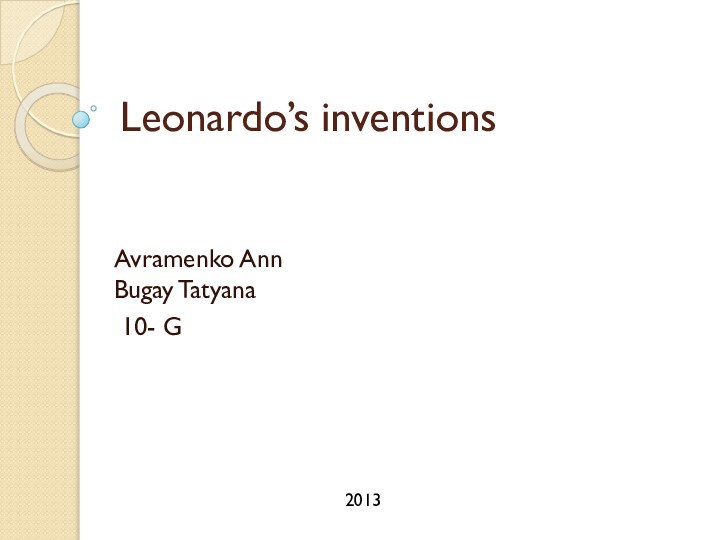
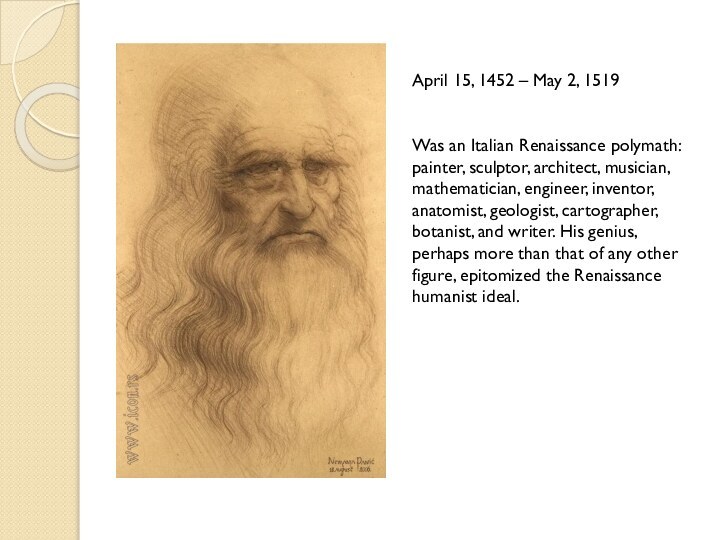
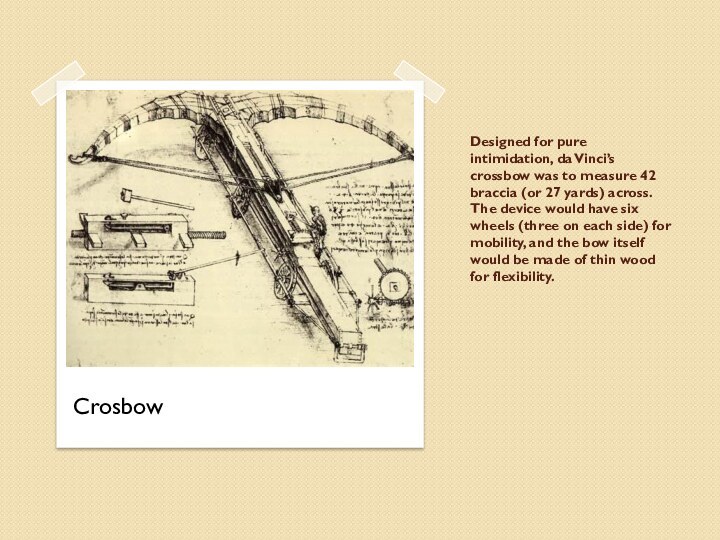
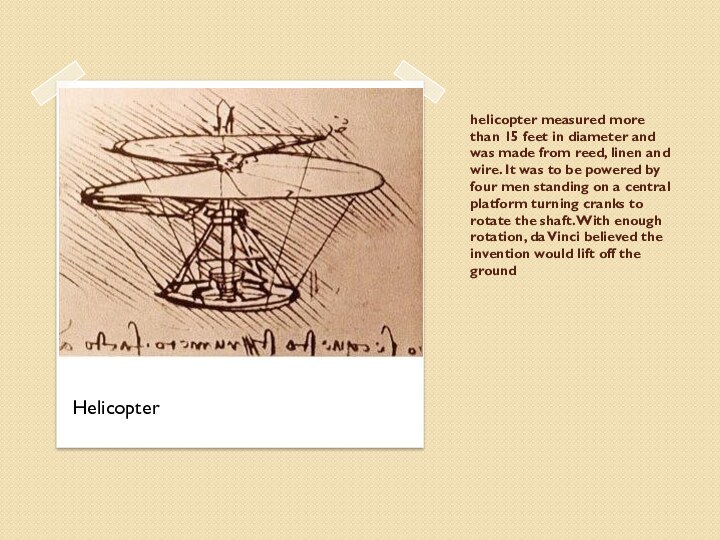
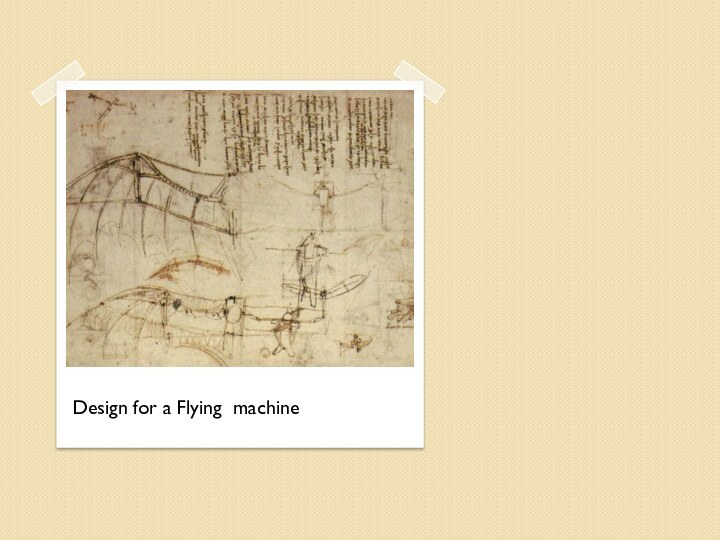
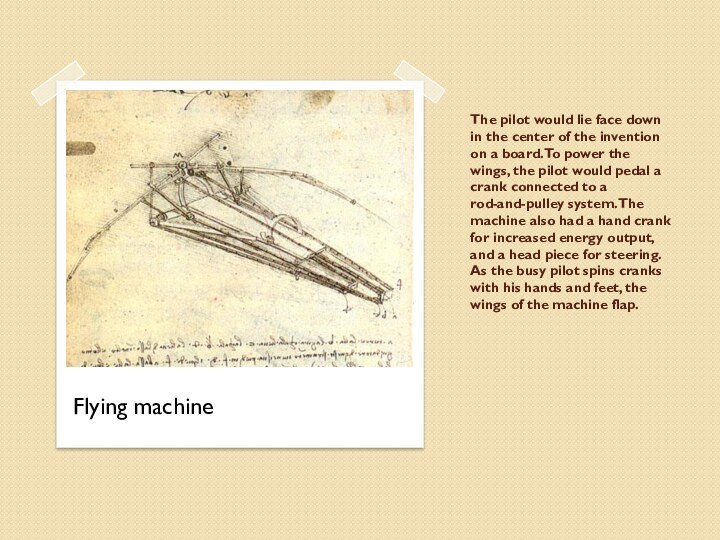
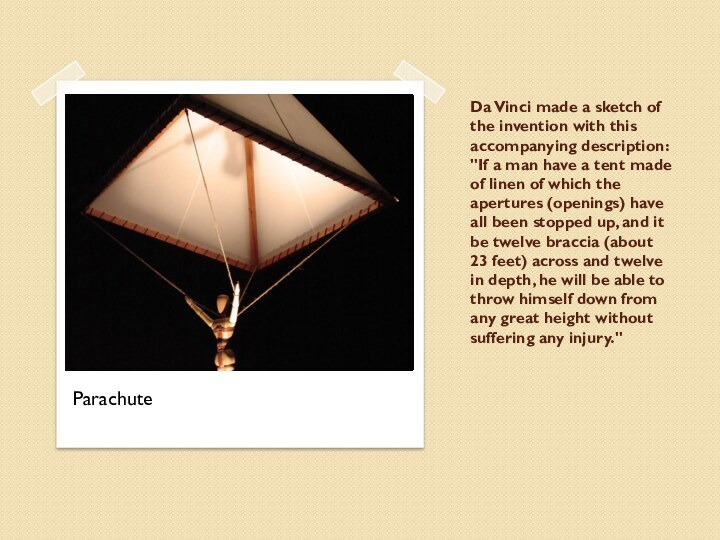
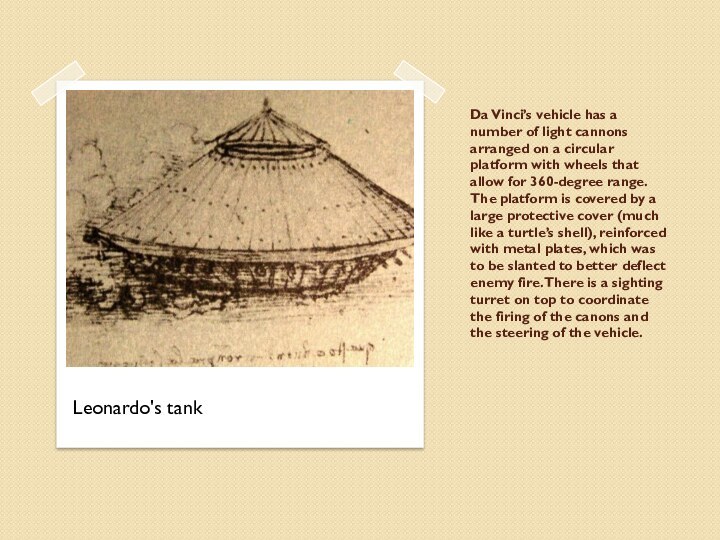
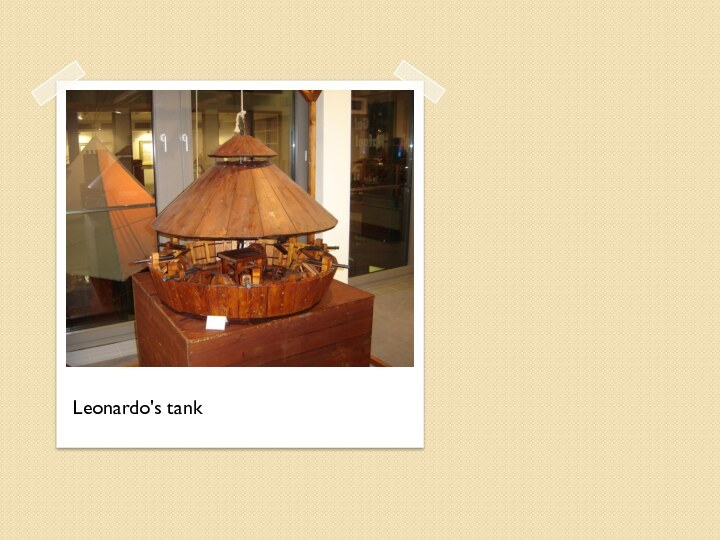
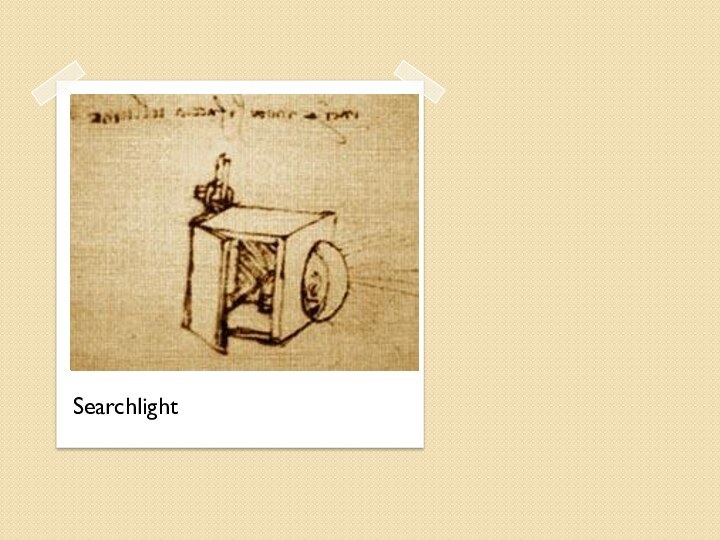
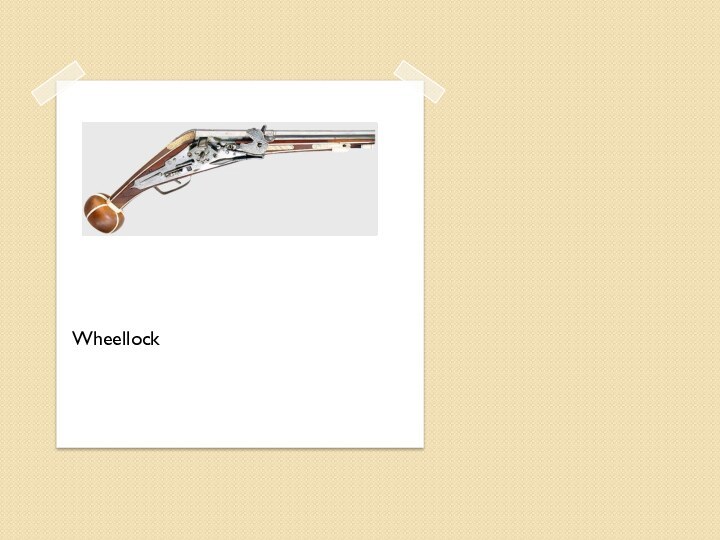
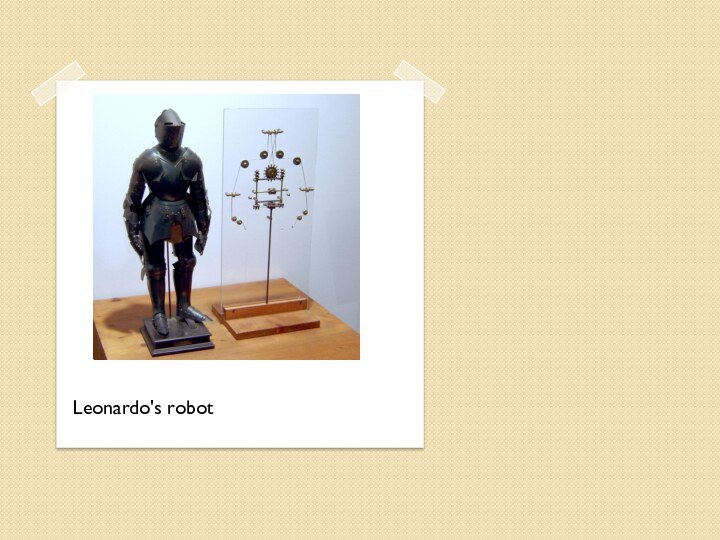
Слайд 3 Designed for pure intimidation, da Vinci’s crossbow was
to measure 42 braccia (or 27 yards) across. The
device would have six wheels (three on each side) for mobility, and the bow itself would be made of thin wood for flexibility.Crosbow
Слайд 4 helicopter measured more than 15 feet in diameter
and was made from reed, linen and wire. It
was to be powered by four men standing on a central platform turning cranks to rotate the shaft. With enough rotation, da Vinci believed the invention would lift off the groundHelicopter
Слайд 6 The pilot would lie face down in the
center of the invention on a board. To power
the wings, the pilot would pedal a crank connected to a rod-and-pulley system. The machine also had a hand crank for increased energy output, and a head piece for steering. As the busy pilot spins cranks with his hands and feet, the wings of the machine flap.Flying machine
Слайд 7 Da Vinci made a sketch of the invention
with this accompanying description: "If a man have a
tent made of linen of which the apertures (openings) have all been stopped up, and it be twelve braccia (about 23 feet) across and twelve in depth, he will be able to throw himself down from any great height without suffering any injury."Parachute
Слайд 8 Da Vinci’s vehicle has a number of light
cannons arranged on a circular platform with wheels that
allow for 360-degree range. The platform is covered by a large protective cover (much like a turtle’s shell), reinforced with metal plates, which was to be slanted to better deflect enemy fire. There is a sighting turret on top to coordinate the firing of the canons and the steering of the vehicle.Leonardo's tank

